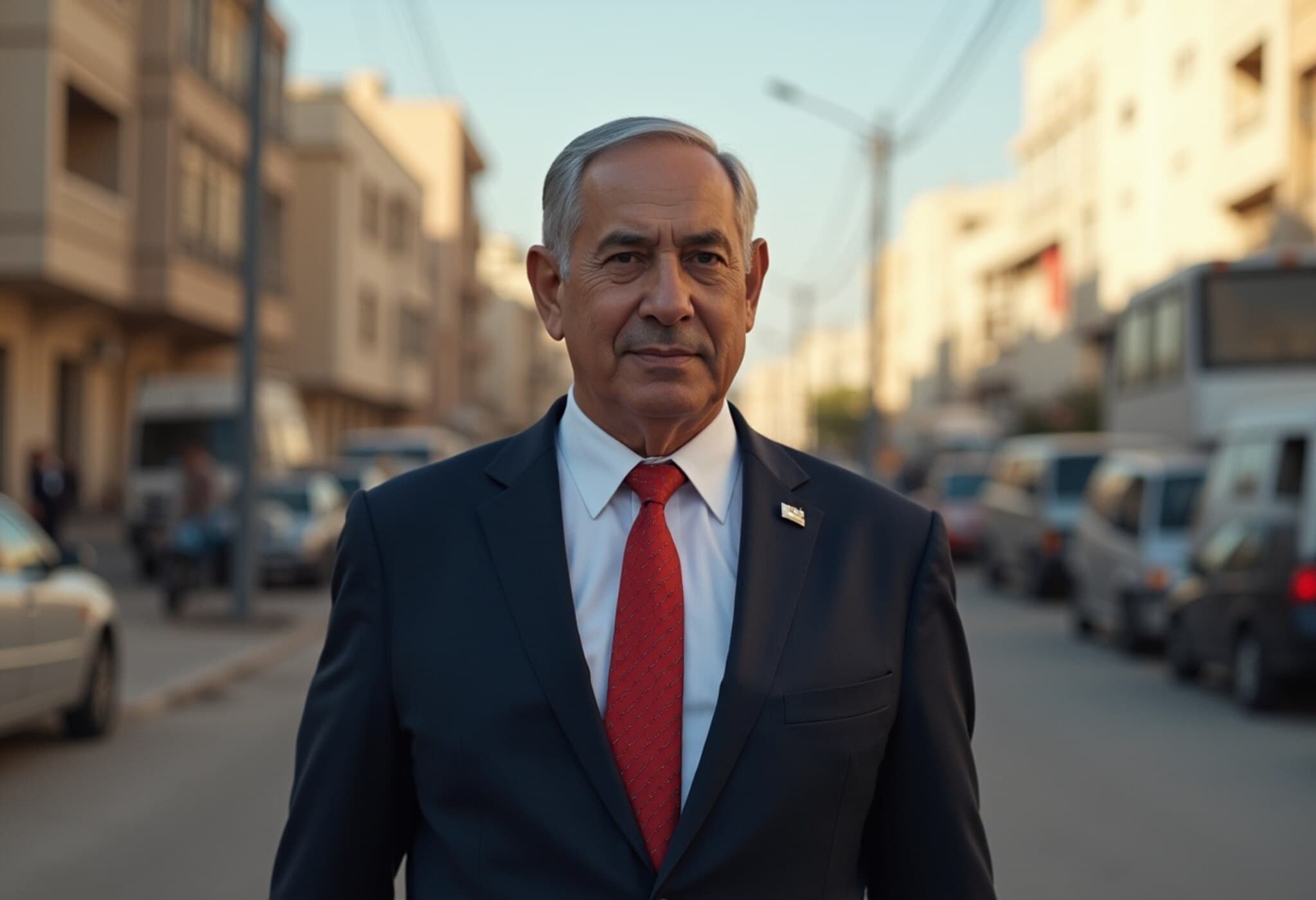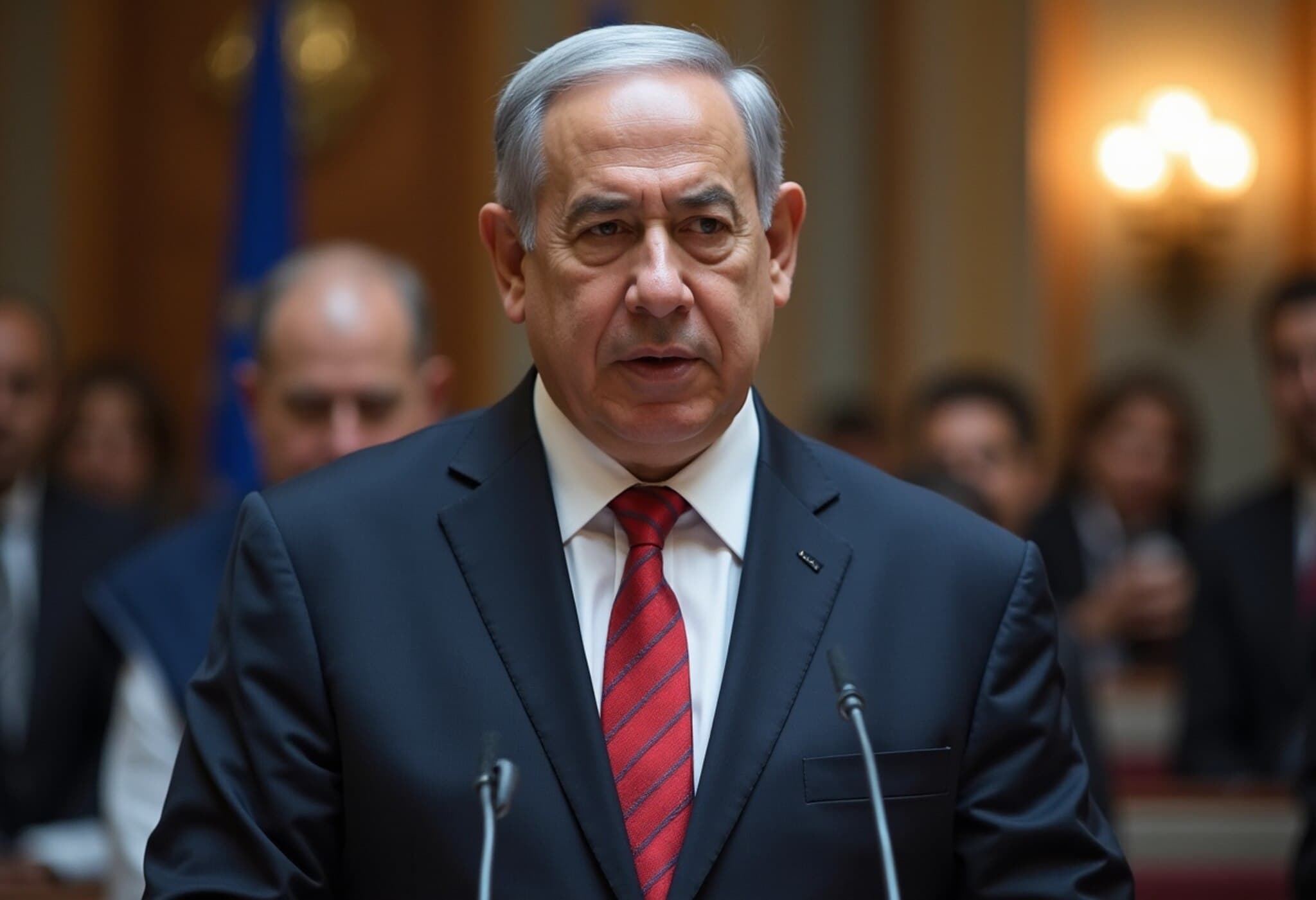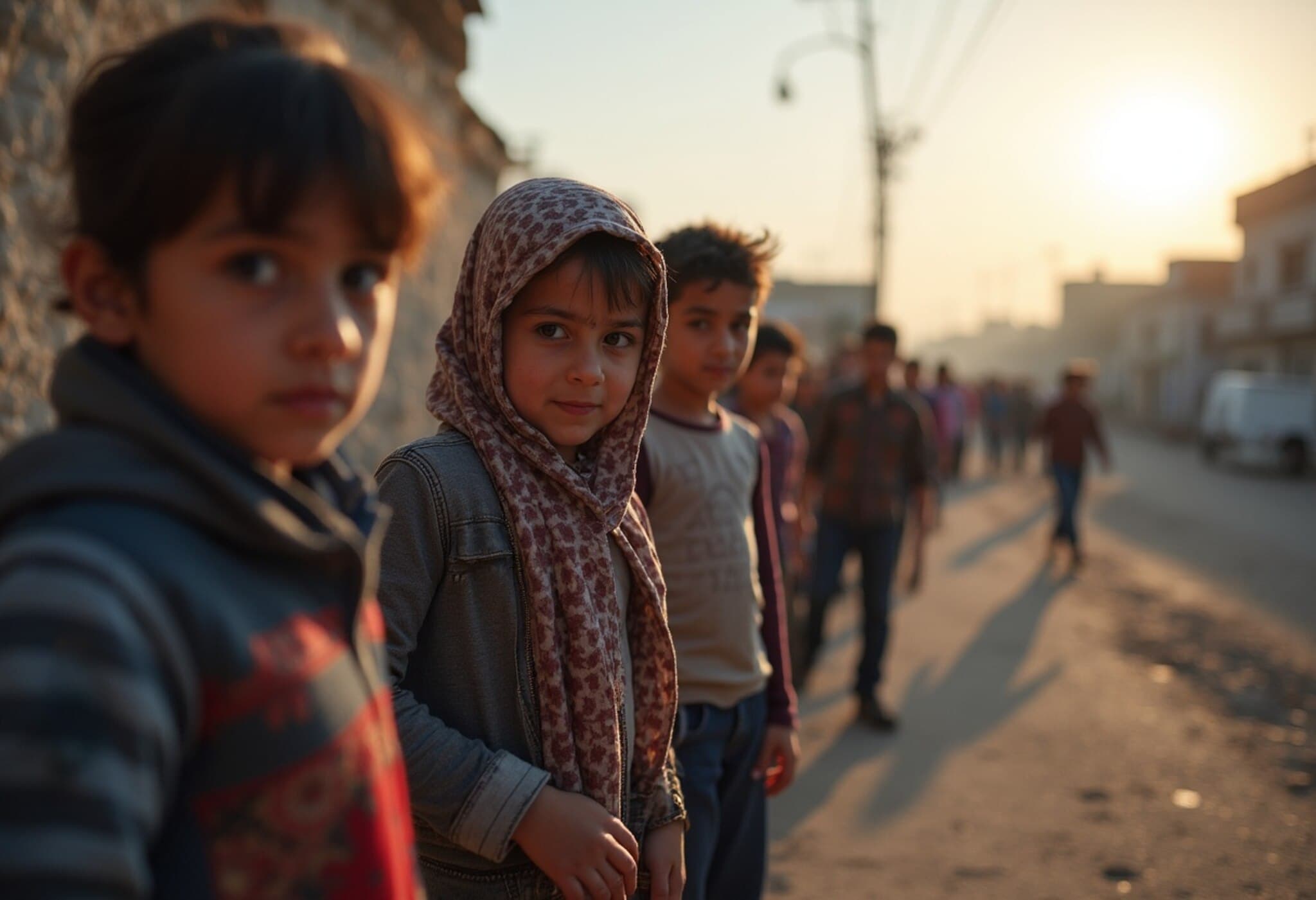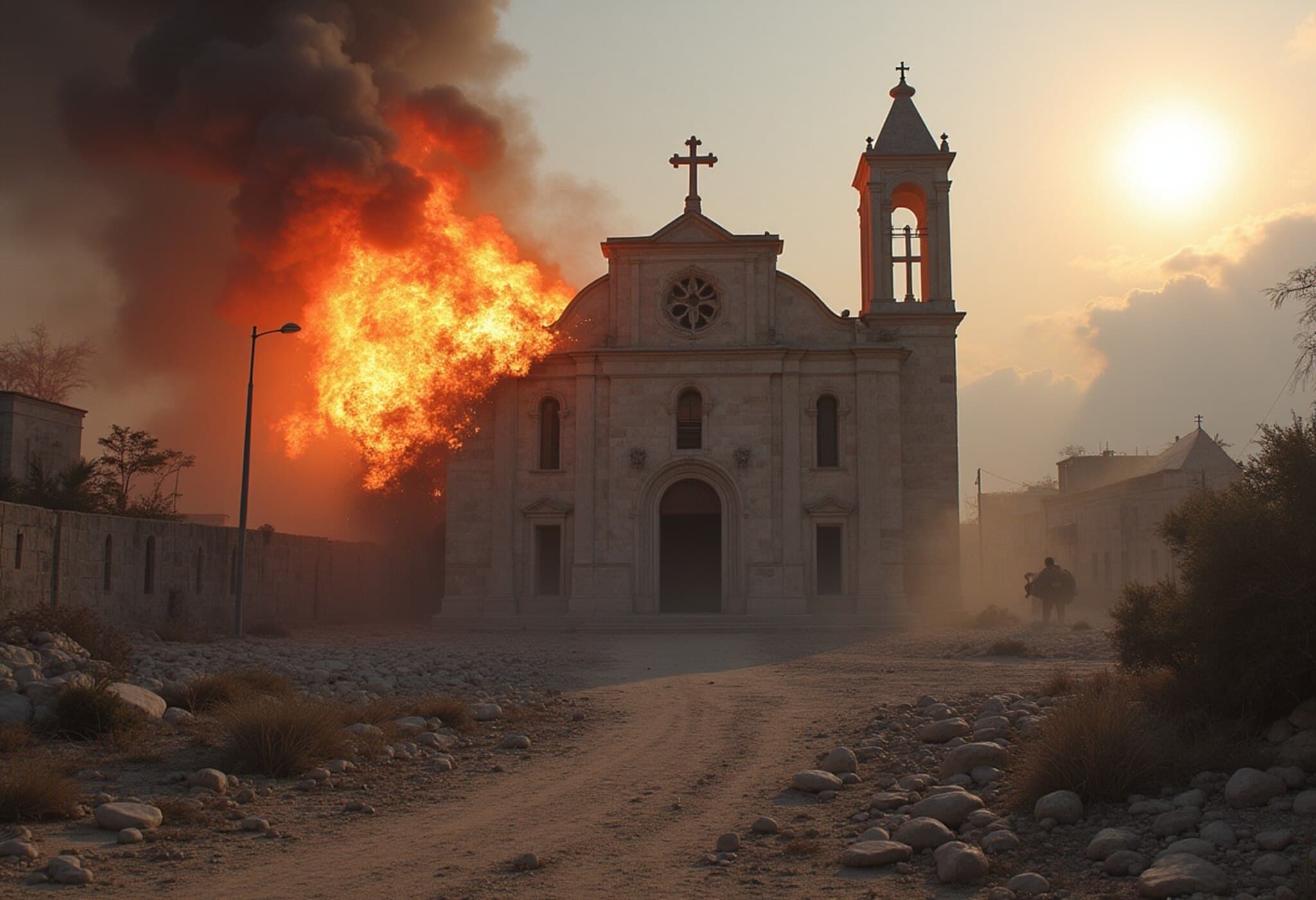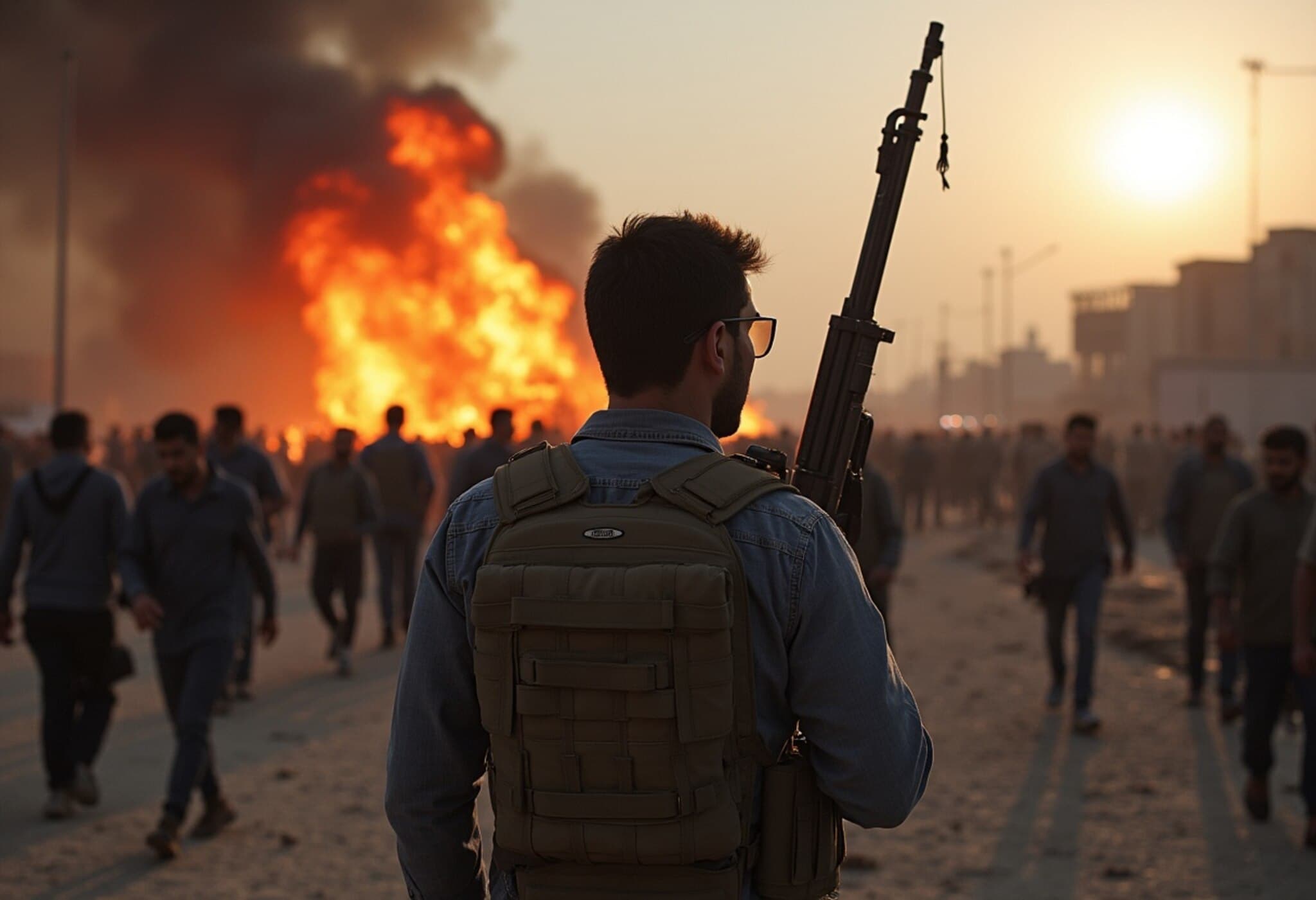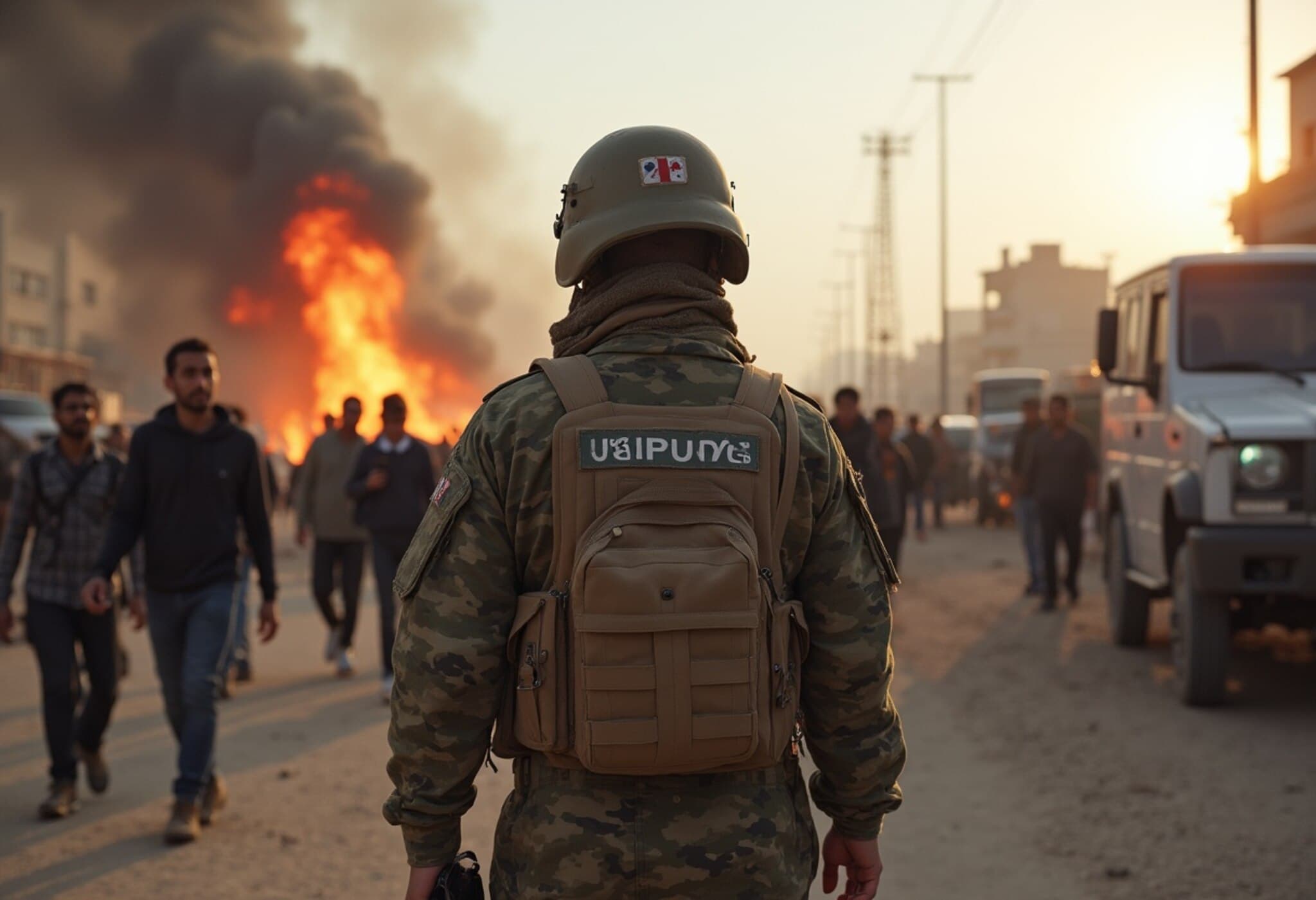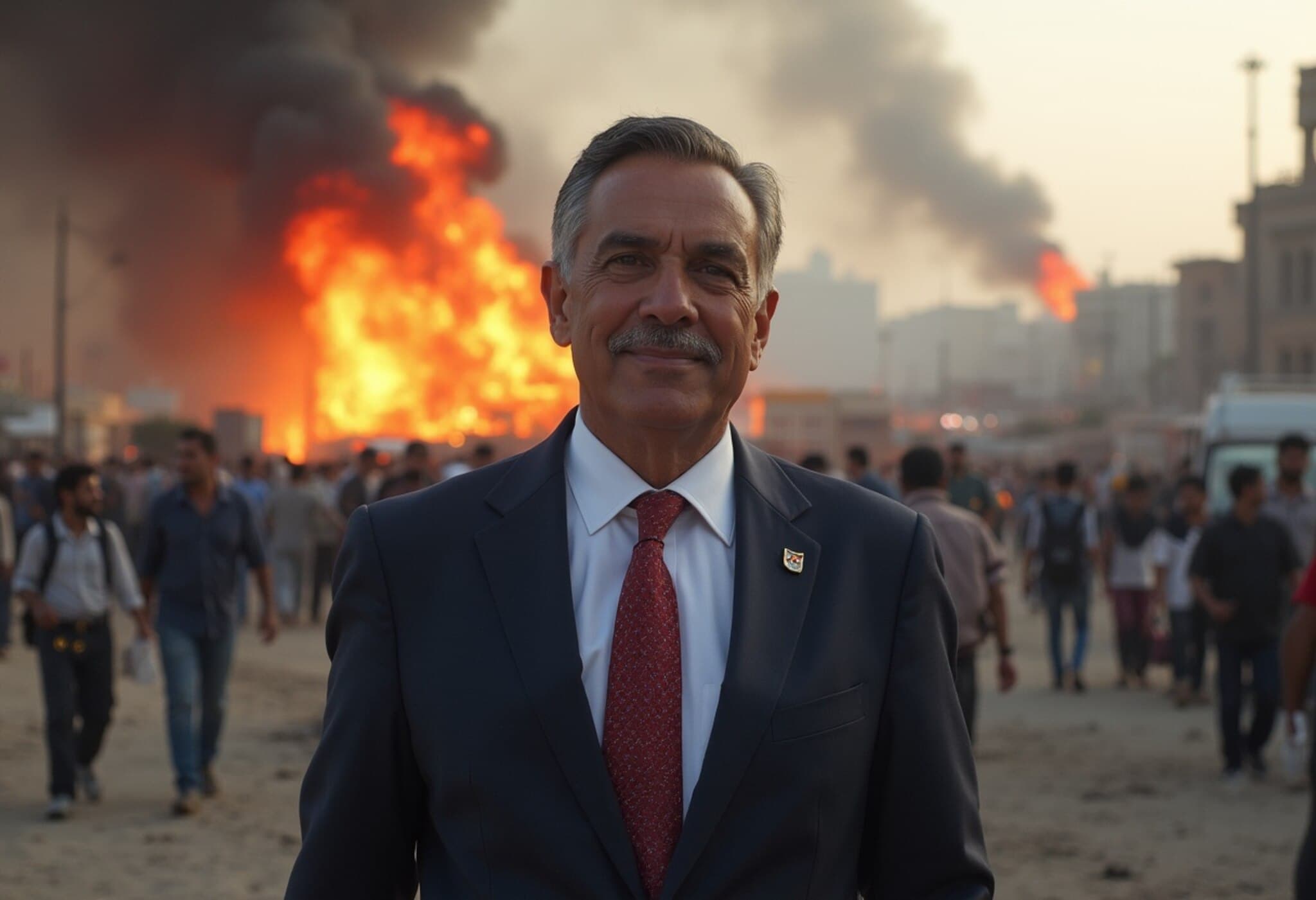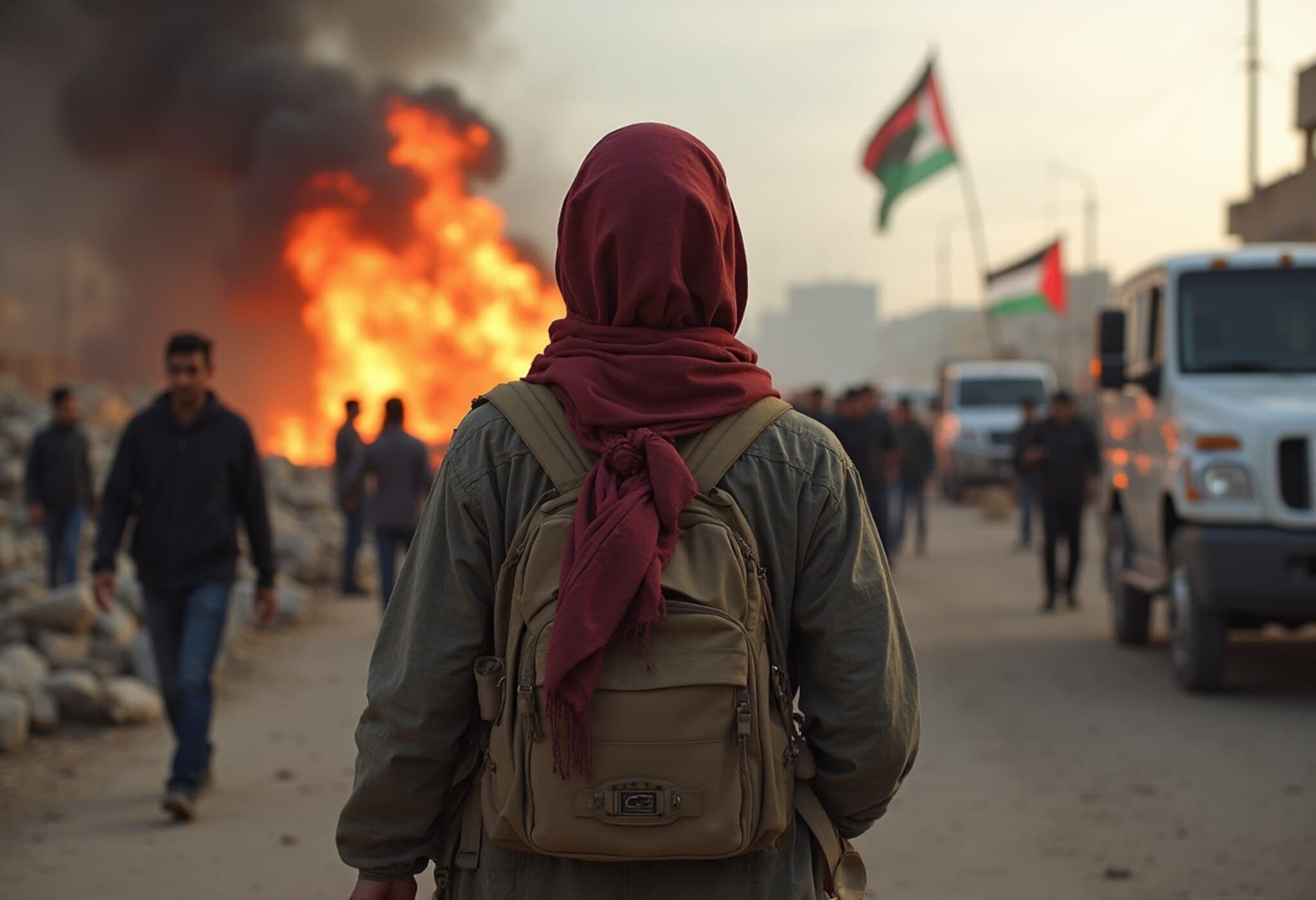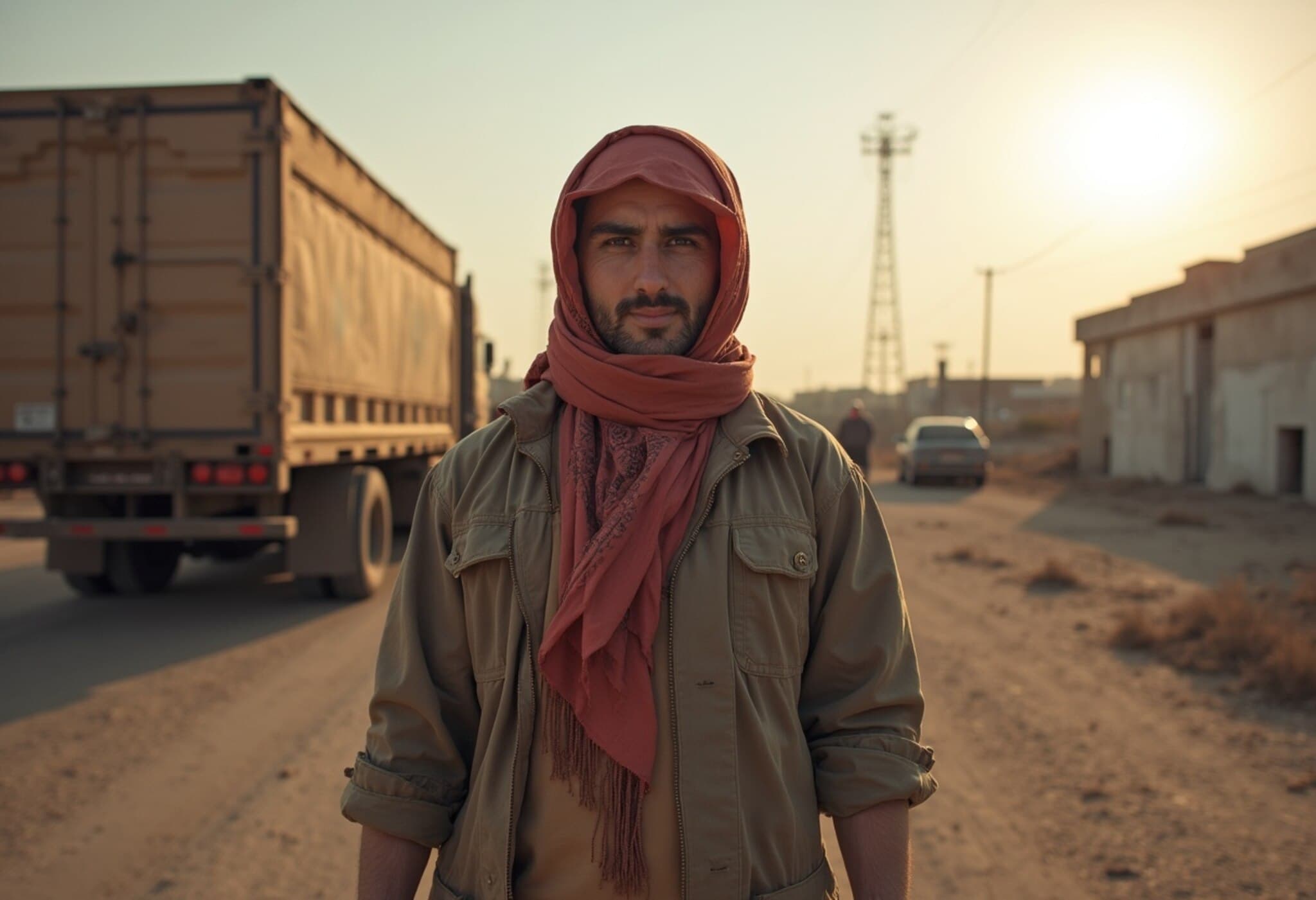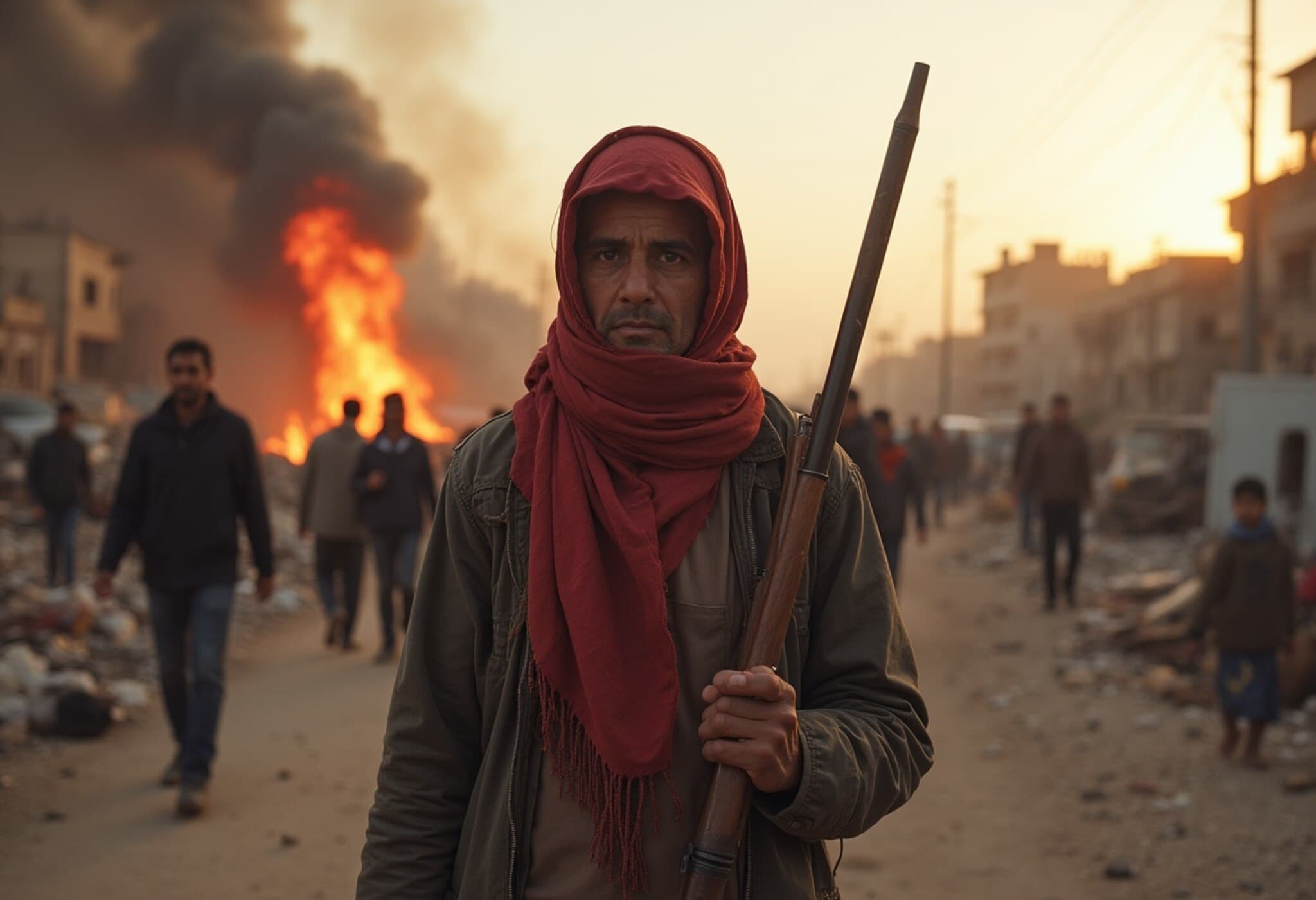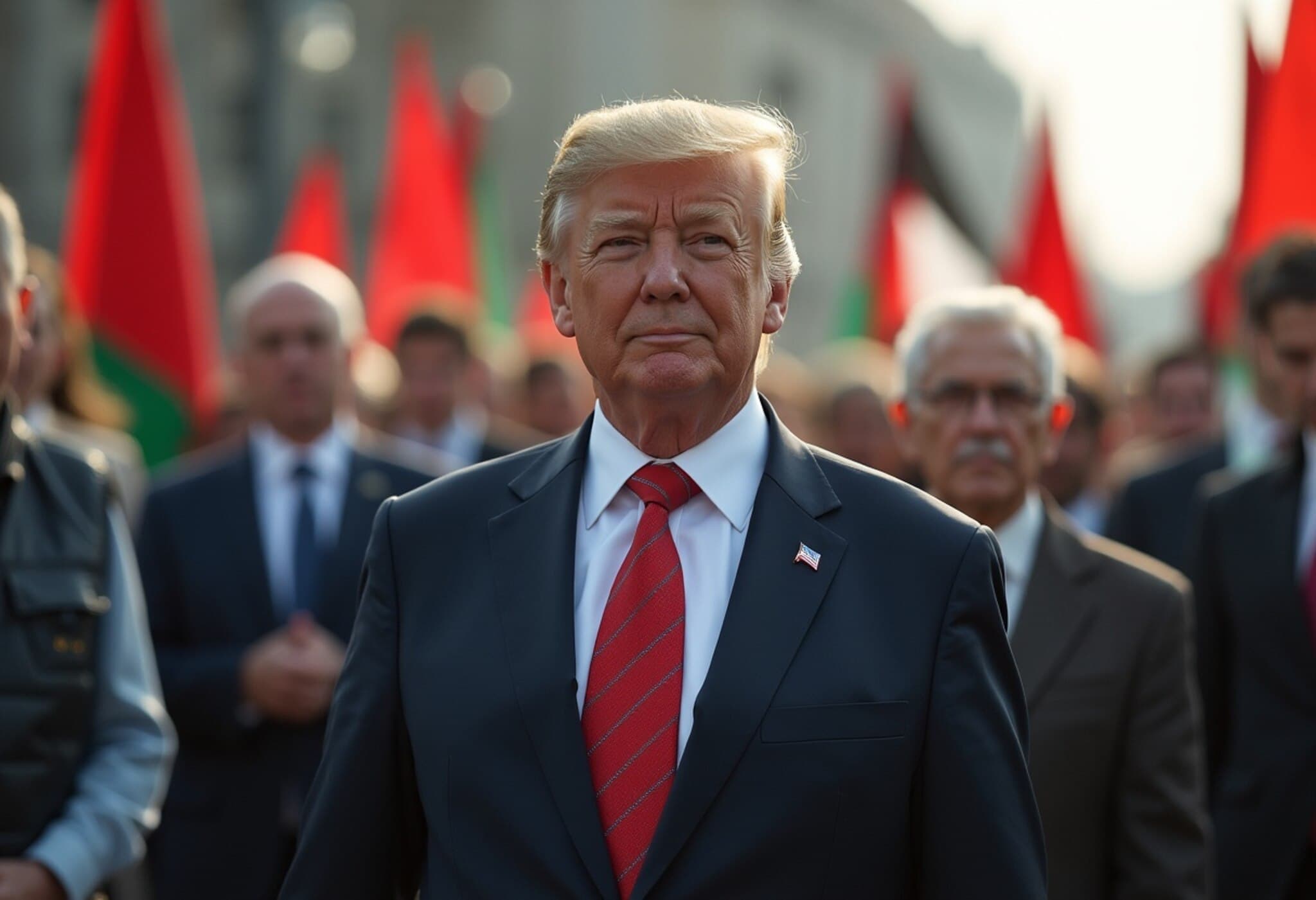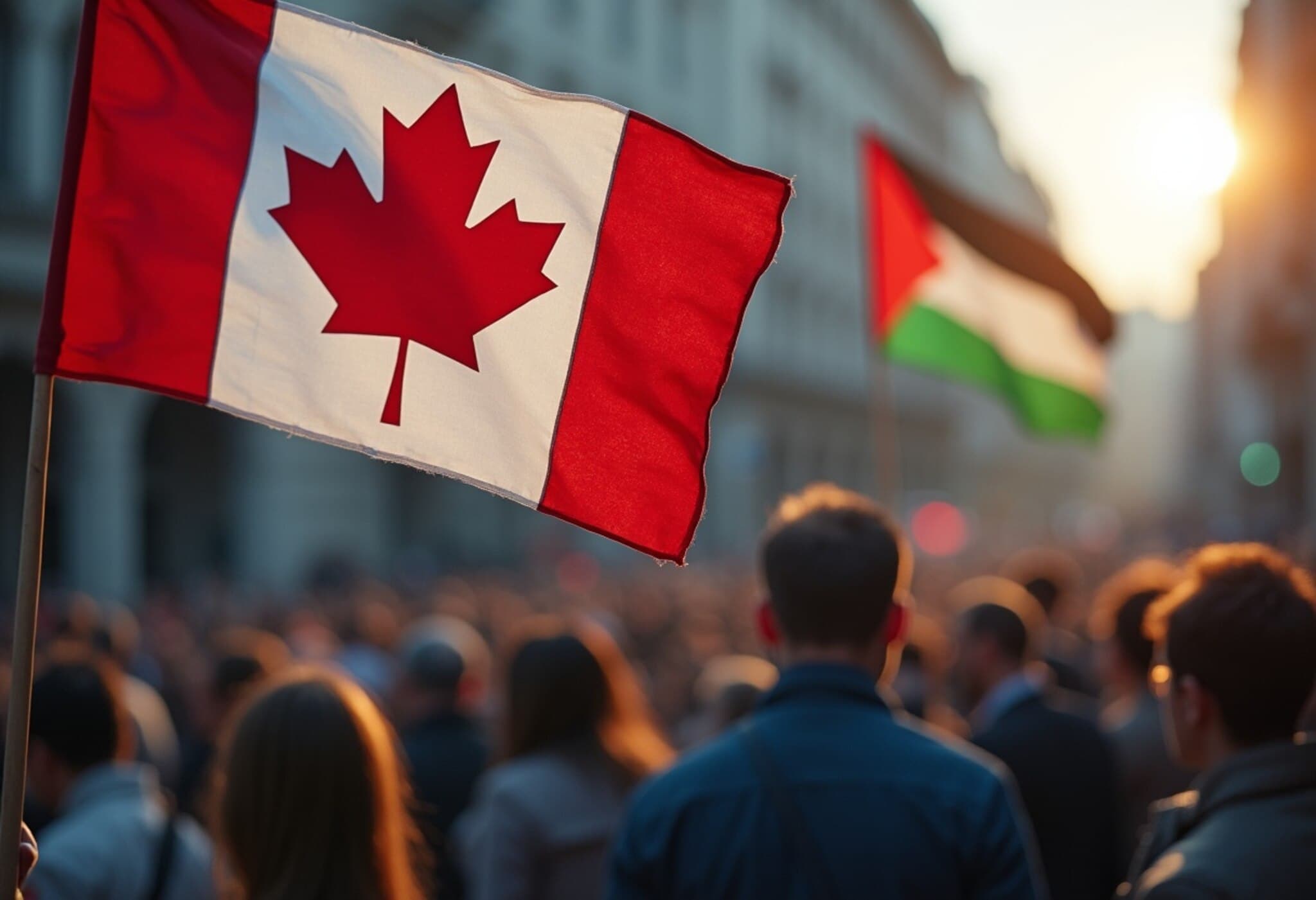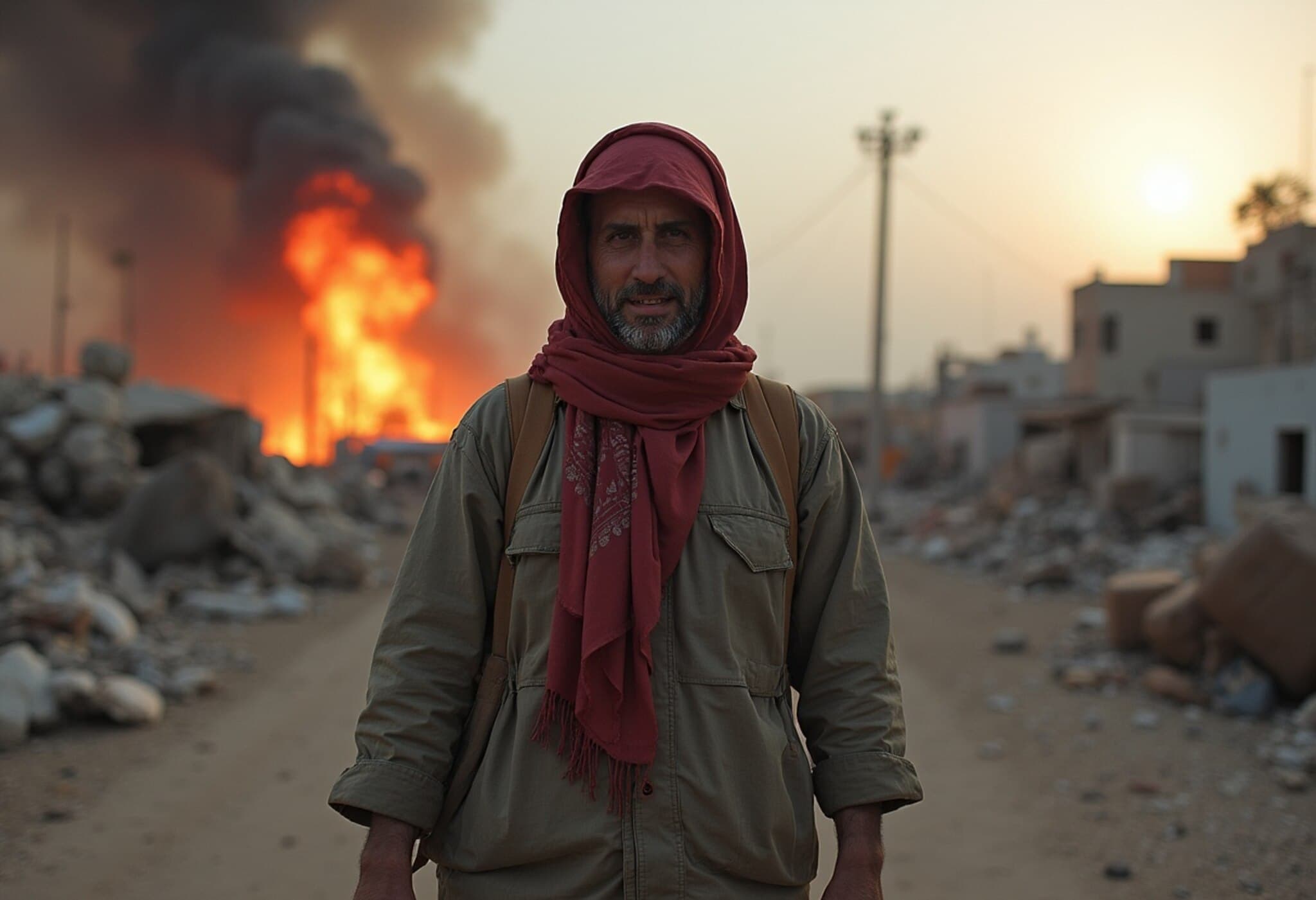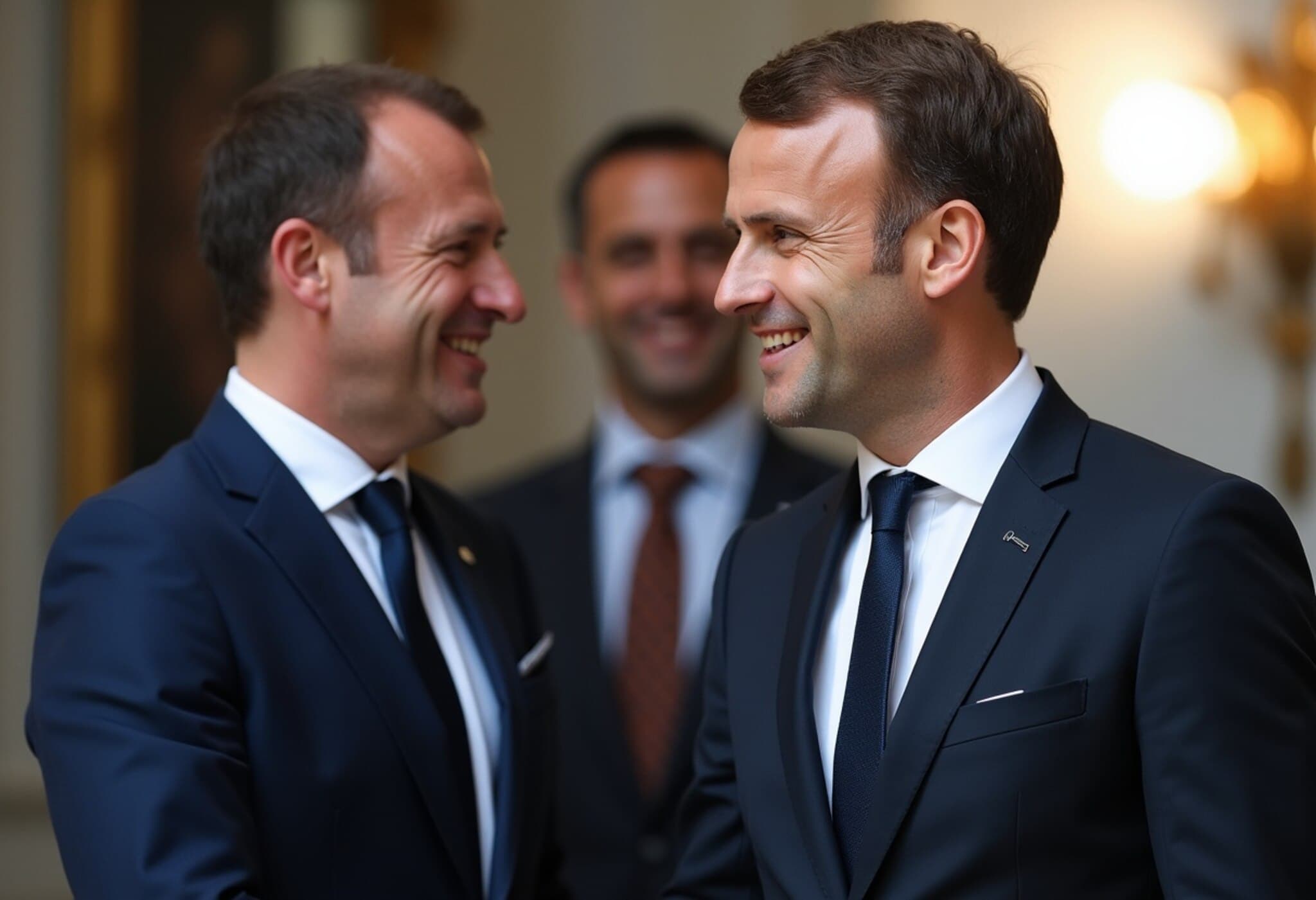Mounting Tensions: IDF Challenges Netanyahu’s ‘Humanitarian City’ Vision for Gaza
In a rare public divergence, the Israeli Defense Forces (IDF) have openly expressed strong reservations about Prime Minister Benjamin Netanyahu’s controversial proposal to establish a so-called "humanitarian city" within the Gaza Strip. The plan, initially introduced by Defence Minister Israel Katz, envisioned relocating hundreds of thousands of Palestinians from across Gaza into a single, tightly controlled settlement in the war-ravaged city of Rafah.
The Plan: A Contested ‘Humanitarian City’
Earlier this month, Defence Minister Katz revealed the government’s intention to centralize approximately 600,000 Palestinians into a newly constructed area described as a "humanitarian city". According to Katz, residents would undergo a screening process and, once inside, would not be permitted to leave unless they committed to permanently leaving the Gaza Strip. The stated goal was to organize displaced individuals efficiently amid ongoing conflict and humanitarian challenges.
However, the proposal has sparked immediate backlash both within Israeli military circles and internationally. Many outside observers denounce the plan as a form of ethnic cleansing, warning it risks turning Gaza into a large-scale containment zone reminiscent of a concentration camp.
IDF Leadership’s Candid Critique
In a critical meeting reported by Israel’s Channel 12, IDF Chief Lieutenant General Eyal Zamir communicated unequivocal concerns, describing the plan as “unworkable” and fraught with "countless problems." More alarmingly, Zamir questioned whether creating such a settlement aligns with Israel’s broader strategic objectives in the ongoing conflict with Hamas.
He expressed particular apprehension that the plan might harden Hamas's position, diminishing chances for ceasefire negotiations and stalling efforts to secure the release of hostages.
Practical and Ethical Challenges
- Capacity and Living Conditions: The proposed city would consolidate roughly one-third of Gaza’s entire pre-war population of over 2 million into a confined space, raising dire concerns about overcrowding, sanitation, and the heightened risk of disease outbreaks.
- Financial Cost: The IDF estimates the project could incur hefty expenses, potentially totaling upwards of $4.43 million— a significant sum amidst ongoing military operations and reconstruction needs.
- Human Rights Issues: International human rights advocates warn that restricting movement and mandating permanent relocation effectively infringes on Palestinian rights and freedoms, potentially violating international law.
Broader Implications for the Gaza Conflict
This internal Israeli disagreement reflects the complex and often conflicting priorities shaping the nation’s approach to Gaza amid protracted violence. On one hand, the government’s aim to manage displaced populations and assert control meets with pragmatic and security considerations. On the other, the military’s concerns highlight operational feasibility and the risk of exacerbating humanitarian crises.
Experts caution that the stigmatization and forced congregation of Palestinians could further entrench hostilities, complicate diplomatic efforts, and deepen the humanitarian disaster already unfolding in Gaza.
Questions Remain: What Lies Ahead?
How will Netanyahu respond to the IDF’s opposition? Will alternative plans emerge that balance security with humanitarian law and dignity? And importantly, what role will the international community play in mediating a path forward?
Ultimately, the Gaza conflict remains a deeply human tragedy, with political calculations entangled with real lives facing displacement, loss, and uncertainty. The conversations around this "humanitarian city" underscore the urgent need for solutions prioritizing peace, protection, and respect for human rights.
Editor’s Note:
This debate inside the Israeli leadership offers a revealing glimpse into the difficult balance between military pragmatism and ethical governance during conflict. The proposed "humanitarian city" raises profound questions about the future of Palestinians in Gaza and Israel’s strategic objectives. Readers are encouraged to consider not only the logistics but the human stories behind such policies. How do we reconcile security with humanity? This question remains at the heart of one of the most complex crises of our time.

